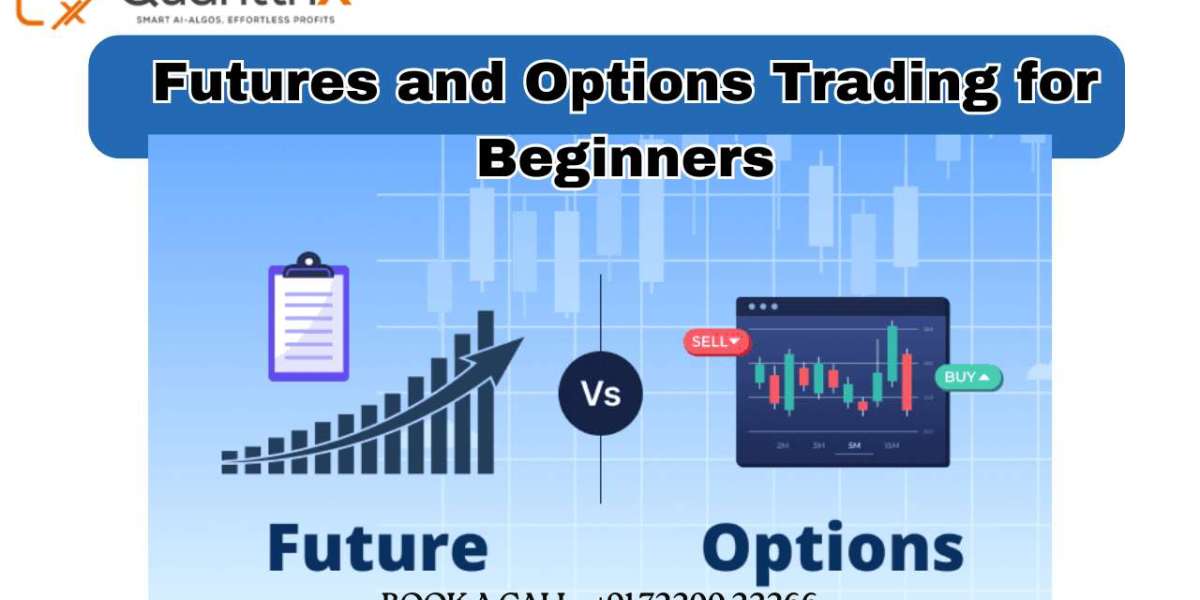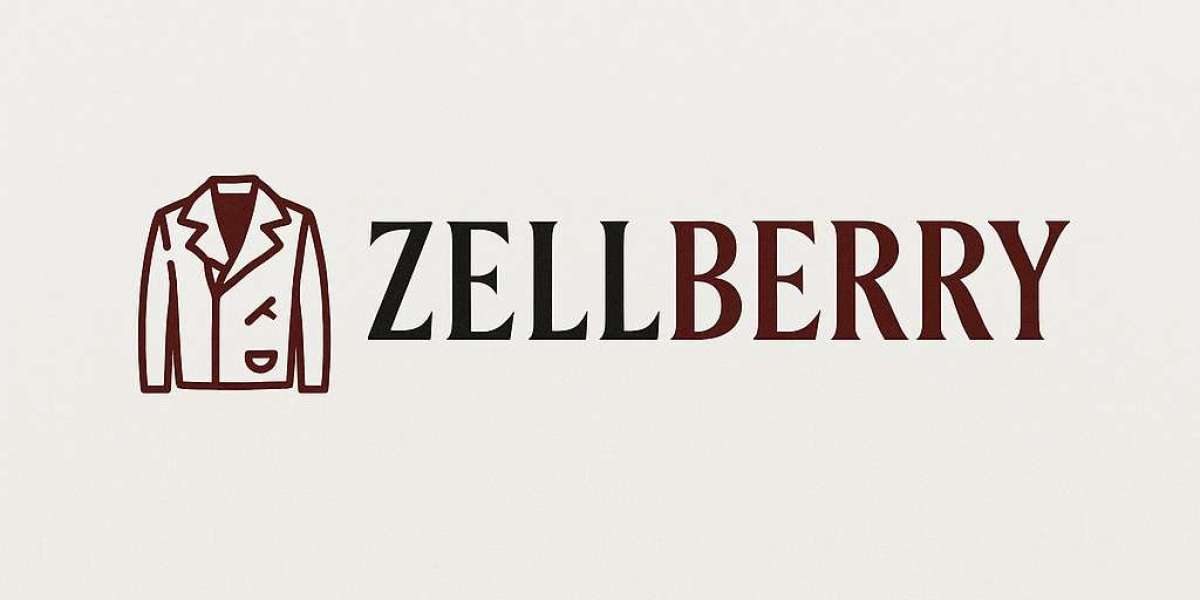Futures and Options Trading for Beginners: A Simple Guide
Investing might sound like a world filled with numbers, graphs, and suits, but here’s the truth: it can be for anyone—even you. Ever heard of futures and options trading but felt too overwhelmed to dig deeper? You’re not alone. These tools might sound like Wall Street wizardry, but they're more like tools in a financial toolbox. The key is knowing when and how to use them.
Let’s say you’re booking a vacation. You lock in a hotel rate today because you think prices might rise later. In a way, that’s what futures and options are—contracts that let you lock in prices. The stakes are higher in trading, but the idea is surprisingly similar.
This guide is your friendly introduction to what are futures and options, how they work, and why people use them. No confusing lingo, just real talk.
Curious about futures and options trading? Learn what are futures and options in this beginner-friendly guide designed for everyday investors.
What Are Futures and Options?
At their core, futures and options are agreements. Think of them as promises between two people about buying or selling something—like stocks or commodities—at a set price in the future.
- A futures contract is a binding agreement to buy or sell something at a specific price on a set date.
- An options contract gives you the option (not the obligation) to do the same.
So, futures are like saying “I will buy,” and options are like saying “I might buy if it makes sense later.”
Why Do People Trade Futures and Options?
Great question! People use these tools for a few reasons:
- To protect investments (called hedging): Like insurance against bad market moves.
- To speculate: Trying to make money from price changes.
- To diversify: Adding variety to an investment portfolio.
Whether you're a farmer locking in corn prices or an investor betting on a tech stock’s future, these contracts help you plan ahead.
How Futures Contracts Work
Let’s break it down with a simple story. Imagine you’re a coffee shop owner. You buy coffee beans regularly, but prices keep swinging. You’re worried they’ll go up. With a futures contract, you can lock in today’s price—even if you don’t need the beans until three months from now.
If prices rise, you’ve saved money. If they drop, you might pay more than the market rate. But hey, you bought peace of mind.
That’s how futures work. Traders buy and sell these contracts hoping to profit—or to protect themselves from market surprises.
How Options Contracts Work
Options are a bit more flexible. Let’s say you think a stock is going to rise. You buy a call option, which gives you the right to buy it later at today’s price.
If the stock goes up—awesome! You buy low and sell high. If it drops—you walk away and only lose the small fee you paid for the option. Think of it like a refundable deposit.
There’s also a put option, which works the opposite way—you’re betting a stock will fall.
Key Differences Between Futures and Options
Feature | Futures | Options |
Obligation? | Yes, must buy/sell | No, it's optional |
Risk Level | Higher | More controlled |
Cost Upfront | No or low margin | Premium (fee for the option) |
Flexibility | Less | More |
Bottom line: futures = commitment, options = flexibility.
Basic Terminology (Without the Jargon!)
Here are some must-know terms, explained simply:
- Underlying Asset: The thing being bought/sold (e.g., stocks, gold, oil).
- Strike Price: The agreed price in an options contract.
- Expiration Date: The deadline for the contract.
- Premium: The cost of buying an option.
- Margin: A deposit to secure a futures contract.
Examples of Futures and Options in Real Life
- A farmer uses futures to lock in the selling price of wheat.
- A retail investor uses options to profit from Tesla stock going up.
- An airline uses futures to fix fuel prices for the year ahead.
These tools help people and companies plan, protect, and potentially profit.
Benefits of Futures and Options Trading
- Leverage: Control a big trade with a small investment.
- Hedging: Protect your investments from swings.
- Flexibility: Especially with options—you choose how much to risk.
- Liquidity: These markets are active, meaning it’s easy to buy and sell.
Risks You Should Know About
Let’s be real—these tools can be risky, especially if you’re new.
- Big losses: Leverage cuts both ways. Small moves can mean big losses.
- Complexity: Without research, it’s easy to misstep.
- Time sensitivity: These contracts expire, so timing matters a lot.
Always trade with money you can afford to lose and start small.
How to Start Trading as a Beginner
Here’s a simple roadmap:
- Learn the basics: (like this article!)
- Choose a reliable trading platform.
- Practice with a demo account.
- Start small—dip your toes before diving in.
Choosing the Right Broker
Look for:
- Low fees
- Good customer support
- Easy-to-use interface
- Educational tools
Check reviews and try out platforms before committing.
Common Mistakes to Avoid
- Jumping in too fast
- Trading with emotions
- Ignoring fees
- Overusing leverage
Stay calm, stay informed, and keep learning.
Simple Strategies for Beginners
- Covered Calls: Own a stock and sell options on it for extra income.
- Protective Puts: Like insurance for a stock you own.
- Spreads: Using two options to limit both risk and reward.
Don’t worry—start with just one and master it before moving on.
How to Stay Informed and Keep Learning
- Follow financial news
- Watch market trends
- Use online courses
- Join investor forums
- Practice regularly
The more you learn, the better you trade.
Conclusion: Is Futures and Options Trading for You?
You’ve made it this far—awesome! Now you know the basics of futures and options trading, what they are, how they work, and whether they might fit your goals.
These tools can be powerful when used wisely. They’re not just for the suits on Wall Street. They’re for anyone willing to learn, plan, and take calculated steps—including you.
So ask yourself: Are you ready to take that first step?
FAQs About Futures and Options Trading
What are futures and options in simple words?
They’re contracts to buy or sell something in the future at a set price—futures are binding, options are not.
Can I start trading futures and options with little money?
Yes, but start small. Many brokers offer low-cost entry points and even demo accounts.
Is futures and options trading risky?
Yes, especially if you don’t understand how they work. Always educate yourself and manage your risk.
What is the difference between futures and options trading?
Futures are mandatory contracts, while options give you the right (but not the obligation) to act.
Do I need to be an expert to trade futures and options?
Nope! But you do need to learn the basics, practice, and grow your knowledge step by step.



